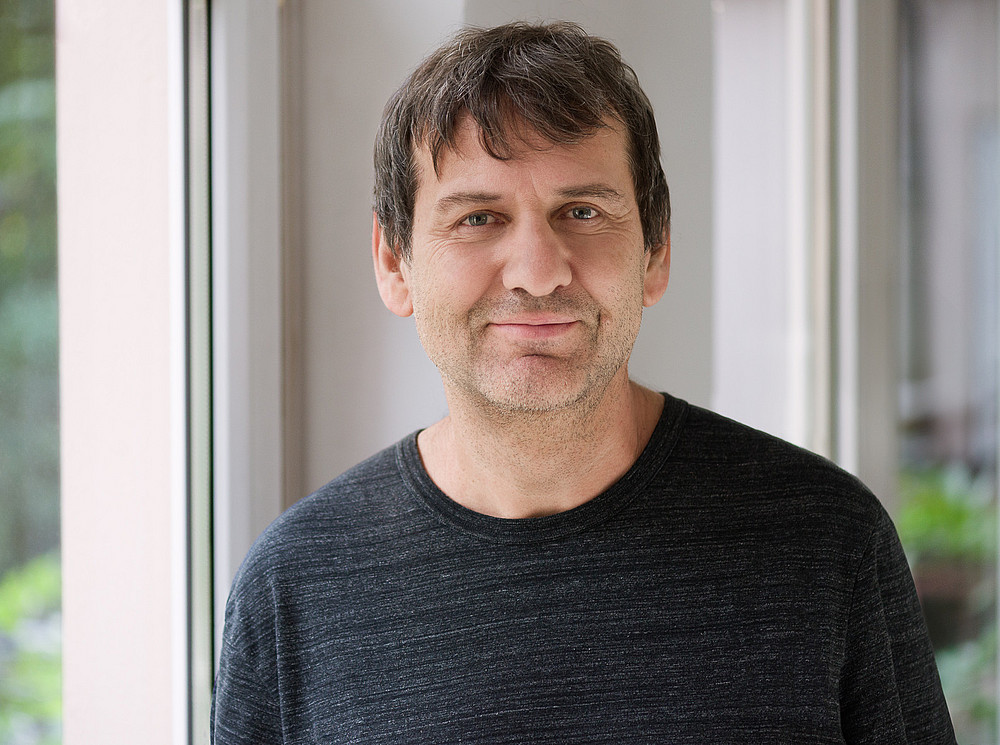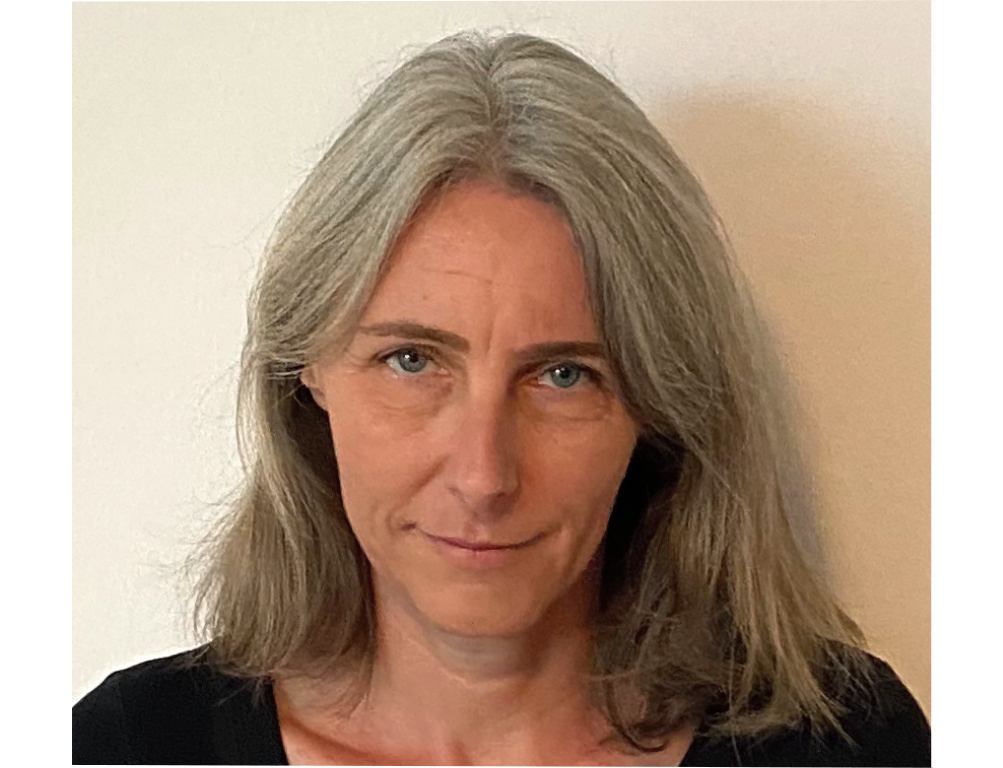Questions for...
Rudolf Egger - Professor of Learning Environment Research and University Didactics
What exactly does a professor of learning environment research and university didactics do?
When people shape their world through learning, this does not only happen in a cognitive way. For example, we learn together with and from other people, in a variety of situations and places. These learning environments are shaped by the real world and are the basis for the subjects' appropriation achievements. At the same time, through reflection, they also create those forms of self-will that make up our individuality. We examine these processes in biographical, social and regional contexts.

What do you find particularly socially relevant about your work?
As we believe that education cannot be planned and is not linear, our projects are based on the assumption that people define and develop themselves primarily through relationships in their everyday lives. That's why we take people's everyday problems and their pragmatic solutions as a starting point for analyzing how they make their decisions.
Arno Heimgartner - Professor of Social Pedagogy
What exactly does a professor of social pedagogy do?
Social pedagogy deals with the social services provided by society, some also refer to it as the shaping of the social. This begins in childhood and adolescence; child and youth welfare, school social work and youth work are examples of this. However, many adults also find themselves in situations - e.g. due to psychological problems, relationship crises, experiences of flight, drug use, poverty, etc. - in which they need services such as outreach, mobile or semi-stationary services, counseling services, housing support, settlement work in order to cope with themselves, their everyday lives and their plans for the future. The interactive, institutional and infrastructural concepts of these prevention and intervention measures are the subject of socio-pedagogical research.

What do you find particularly socially relevant about your work?
Social pedagogy is based on the principles of living together. Social progress occurs, for example, when people can participate more in society and when the conditions of growing up and living are designed in such a way that children, young people and adults can develop better and more fairly. The question of how high-quality social services are provided, who in families or organizations contributes to this and how social actors are trained to do so is a very fundamental question for society. It is also a very emotional question because it affects the personal biographies and relationships of individuals and at the same time the goals and prosperity of a society.

Annette Sprung - Professor for Migration and Education
What do you find particularly socially relevant about your work?
The phenomenon of migration moves people around the globe - in more ways than one. Never before have so many people been on the move. Migration has long been a constitutive feature of social change. The increasing diversification of societies contributes to progress and innovation, but also harbors potential for conflict and can trigger fears and defenses. Migration research therefore deals with a highly topical, complex subject area - for which interdisciplinary approaches are particularly relevant. The educational science perspective is dedicated, among other things, to the question of the extent to which learning and educational processes can contribute to a constructive and peaceful approach to social change.
What aspect of your work is particularly enriching for you?
Our team's research is often not only interdisciplinary, but also transdisciplinary. This means that we cooperate closely with non-academic stakeholders. These are, for example, NGOs, migrant communities and representatives from politics and administration - or in other words: we conduct research together with people and organizations that are directly affected by the respective topics. This allows us to make a very concrete contribution to solving social challenges with our research. At the same time, as researchers in such constellations, we are constantly learning from our partners. In university teaching, for example, discussions with students who are highly committed to social justice and peaceful social coexistence strengthen me.